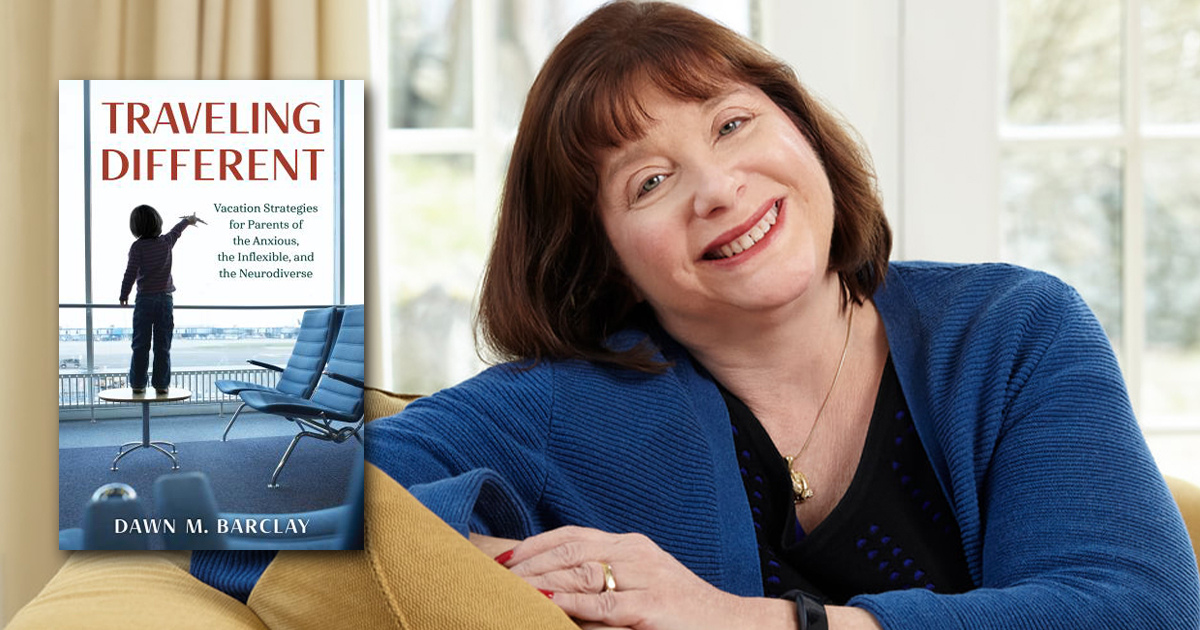
Dawn M. Barclay has spent more than 30 years in the travel industry, as a travel reporter, a travel agent, sales and marketing, Global Luxury Suites, an international limo company and more.
Recently, she’s combined that experience with research and many interviews with travel professionals to produce Traveling Different: Vacation Strategies for Parents of the Anxious, the Inflexible, and the Neurodiverse. This book and travel guide focuses on advice and resources for families with special needs children. It comes out August 15 and is filled with firsthand accounts and hundreds of pages of information from experts, including Family Travel Association’s very own Rainer Jenss. He has multiple quotes in the book, as well as an “Advocate Spotlight” on Jenss and his experience with travel for special needs families.
While Barclay doesn’t have children on the autism spectrum herself, she has been aware of this issue for decades and is excited to see recent progress as certifications arise and companies seek to become more accessible and equitable.
Family Travel Association talked with Barclay about her book and why it’s needed, as well as her persistent updates on the blog at travelingdifferent.com.
Who is Traveling Different for?
This book can be for any family, because any kid when taken out of their comfort zone is anxious and inflexible. But it’s primarily for parents of children with invisible disabilities like autism, ADHD, bipolar, Tourette’s, all that. I have an interview with one company that specializes in disabled group travel, and then I list maybe eight or nine other ones. And then there’s a group called Wilderness Inquiry that specializes in group tours for people of all abilities. So it does have that, but it’s not the main focus of the book.
How did this impressive project come together?
I’ve been a travel reporter for 34 years on and off, and when I needed a book like this back in the early 2000s, it didn’t exist, which amazed me. So I started doing interviews. I interviewed Dr. Tony Atwood, who’s really big in autism circles. I interviewed Dr. Ellen Littman who’s really big in ADHD. And then I kind of hit a wall, because you can’t go out and say, “Who has autism and wants to talk to me?” I didn’t know where to go.
It wasn’t until a group called IBCCES—which is the International Board of Credentialing and Continuing Education Standards—created a designation called the Certified Autism Travel Professional that I knew exactly how I could write the book, because I knew that I could interview those people who have had specialized training. I also hoped they would introduce me to their clients, who are special needs families, and a lot of the CATPs are also special needs parents. And then, there was just a lot more information on the internet in 2019 than there was in 2000. Plus, two years with nothing to do because of the pandemic! So I was able to write this book. It’s much more of a reporter’s eye as opposed to my personal stories. Though I do have two children that have issues, they’re not the same issues, and I don’t really talk about my children because they’re adults now. So that’s how it all came about. I also currently write for Insider Travel Report, which is why I was a member of FTA.
What’s in the book?
It’s about 80% strategies that parents can use to introduce children to travel, and decide whether they want to go domestically or internationally, and then it’s broken up by mode of transportation, and then type of accommodation, and then what to do when you get there. So I talk about three main things: One is starting small, introducing the concept and getting the kid on board, and again, could work for neurotypical children as well. The second thing is preparing to the Nth degree. I think that the book is like a checklist of all the things you should consider so you can have backup plans. And the third thing is how to create a child-centered vacation: How do you get the child’s buy-in? How do you build a trip around the child’s interests? Because a lot of kids on the spectrum have specialized interests that they focus on and that’s all they talk about. So it’s how to build a trip around that, and how to do the pacing so it’s a child’s pace as opposed to an adult’s pace.
It feels like there’s been a big push for awareness around this issue.
Whether it’s from empathy or economics, there’s definitely been a push toward inclusion and IBCCES also runs Certified Autism Center training, so more and more places are getting certified and there are other certification companies as well. KultureCity, the Champion Autism Network at Sensory City, and even Autism Speaks is starting to get on board with certification, and there hasn’t been a central resource like this. There might have been a book about cruising with autism or there might have been a book about “my family’s trip with our autistic kid” but there wasn’t sort of an academic book that broke it down like this, and included not only certified autism centers—you can go to autismtravel.com and see all the places that are certified by IBCCES—but also all the autism friendly ones that are certified by other people. And I’m updating the book with my blog, travelingdifferent.com, because certifications change.
That training seems really significant.
Yeah, it’s pretty intense training and is continuing ed required as well. That’s both on the centers themselves and for the travel agents. I think that more and more people are doing it and there is an awareness it is important. On my blog, there are even more stories that would be of interest to your readers. I just did a piece on how to deal with the “post-travel letdown.” That should have been the last chapter of my book, but I didn’t even think about it until podcasters asked me that question. I said, “Wow, I better write that.” But also, for example, how to vet a vacation rental. I have it in the book but after I finished the book, I met Lorraine Woodward with Becoming rentABLE, which is all about certifying accessible rentals, whether wheelchair or for hearing impaired, vision impaired, invisible disabilities, all that, and she’s certifying more and more of these vacation rentals.”
Find more information, as well as where to purchase the book, at travelingdifferent.com.

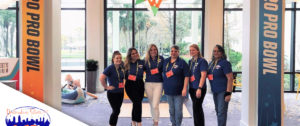






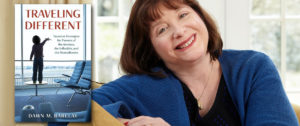
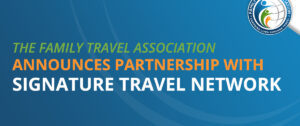

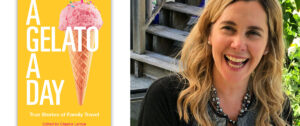
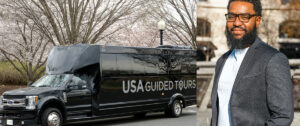
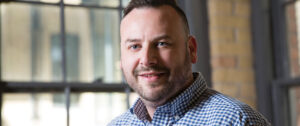

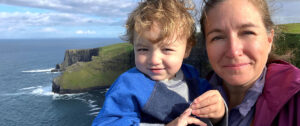
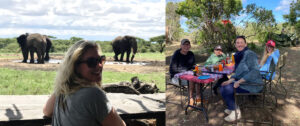
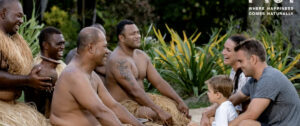
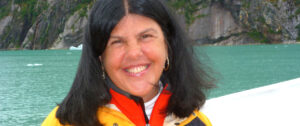
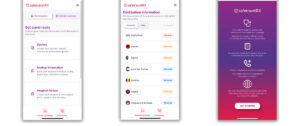
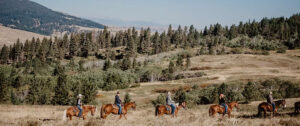

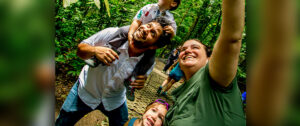

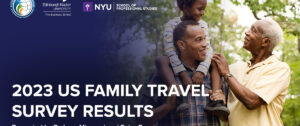
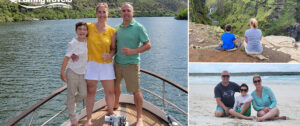
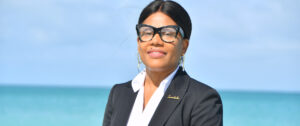

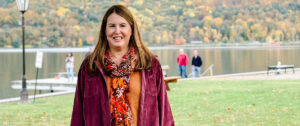
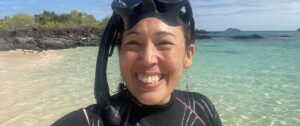


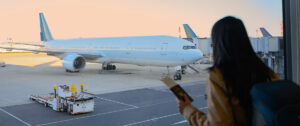
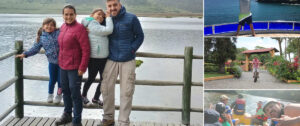



Leave a Comment
Your email address will not be published. Required fields are marked *